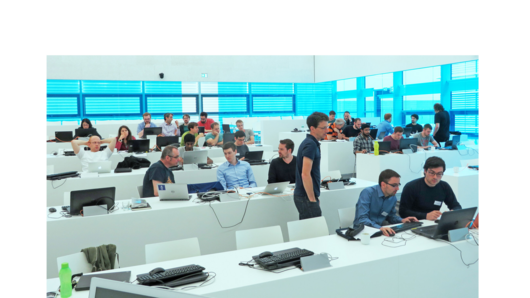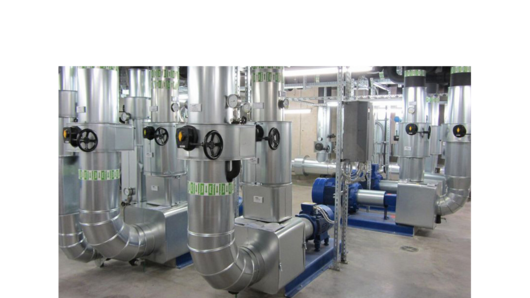Focusing on a large-scale, high-resolution earth system model, TOPIO is investigating read and write rates for large amounts of data on high-performance file systems, as well as approaches that use compression to reduce the amount of data without causing a significant loss of information.











